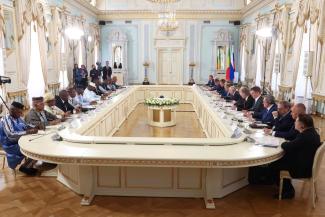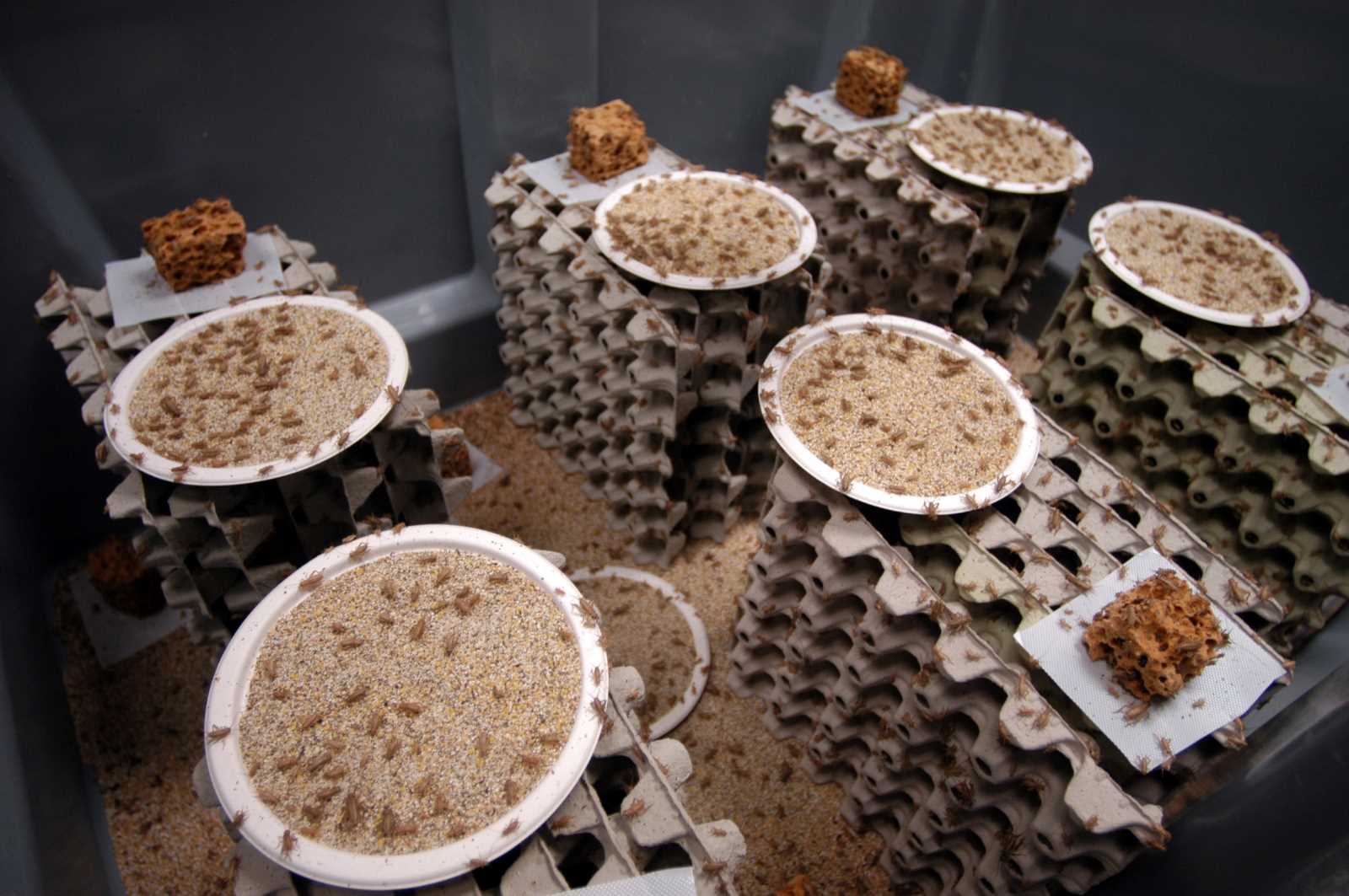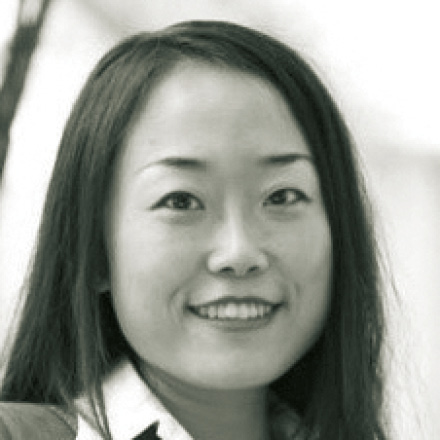Press review
African media on the Russia-Africa Summit

Why we do politics of poverty
(...) The few African leaders who attended were in fine form, with rousing speeches, on why Africa is still largely a poor continent. They touched on many of the reasons; dark global forces that exploit Africa, the damage of nearly 400 years of the enslavement of Africans; the disruption and plunder of nearly 100 years of colonialism; and the rigged international system that followed after independence.
Only the recently-arrived-on-the-scene Burkina Faso military leader Captain Ibrahim Traoré touched on the internal reasons for Africa’s miserable state. Noting the immense wealth of the continent, he blamed past African leaders for mistakes and denounced their “beggary” mentality.
However, Capt Traoré seems to be the kind of ruler who preaches water and drinks wine. While he correctly noted the shameful spectacle of going to Russia to beg it to return to its grain deal with Ukraine (which it invaded over a year ago) and get their food and fertiliser exports to Africa back on track, his actions suggested his heart was elsewhere.
He didn’t visit a fertiliser or tractor factory in Russia. Instead, he and his delegation were particularly excited by a weapons exhibition the Russians had put on. That is part of the problem. People don’t eat guns. Africa has too many guns but too few tractors, irrigation rigs, seed plants, fertiliser factories and food silos. (...)
Charles Onyango-Obbo, Nation, Kenya
Can Africa be accused of mobilising behind its interests?
(...) In Western discourse, Africans are seen as big kids who only obey their food instincts, when it’s not to equip themselves with Russian weapons to shoot each other. Even if Africans are not above criticism (...) can they really be reproached for rallying behind their interests? The answer to this question is certainly no. And with good reason. Didn’t General Charles De Gaulle say that “States have no friends; they only have interests”? It is this well-known maxim that guides international relations. (...)
So Africa has nothing to be ashamed of in the face of Western accusations. On the contrary, it should take responsibility for its choices, which are dictated by the needs of the moment. (...) Indeed, the competition between the great powers in Africa, based on their economic and geostrategic interests, should offer the continent a wide range of choices in the partnerships offered to it, while freeing it from the Western conditionalities that often accompany international aid. (...)
Beyond the choices to be made between partners on the basis of interests, this is an opportunity for Africa to raise the very issue of its place in international relations. Often reduced to aligning itself with the positions of the world’s major powers, Africa has no real say in decisions on major global issues, including those that primarily affect Africans themselves. (…)
But the continent must be able to speak with one voice if it is to succeed. And that, unfortunately, is precisely what we can deplore. In fact, before going to the major world events, Africa fails to prepare properly. African leaders are scattered in their ranks, each preaching to his or her own chapel. (...)
The consequence of this unpreparedness is that one summit follows another with no real impact on the continent’s development. (...)
Le Pays, Burkina Faso (translated from French)
https://lepays.bf/sommet-afrique-russie-peut-on-reprocher-a-lafrique-de-se-mobiliser-derriere-ses-interets-2/
Meeting of Russia and Africa: Putin wants to increase influence
(...) In any case, Russia is only one of several major players who are now stepping up their efforts to exert political and economic influence in Africa – including not only China, but also India, Turkey, the Gulf states, South Korea and, of course, the nations of the West and Japan. (...)
Moscow’s decision to abandon the agreement on the safe transport of Ukrainian grain via the Black Sea ports will make it difficult for Russia to convince of having goodwill and better intentions, even if Putin has promised to make up for the deficit that has arisen. (...)
The political context has changed dramatically since African leaders went to Sochi in 2019 for the first Russia-Africa summit.
For the past three years, the Kremlin has seemed driven by a desire to destabilise France and other Western nations, showing at least partial sympathy for the military that has taken power in Mali, Burkina Faso and Guinea and is seen by neighbouring governments as a threat to the region. (...)
BBC News Swahili (translated from Kiswahili)
https://www.bbc.com/swahili/articles/c72kzj6d4reo
Russia-Africa Summit – In the presence of some twenty heads of state: Vladimir Putin promises to feed Africa
(...) The grain trade, which is becoming a diplomatic tool, was at the heart of the second Russia-Africa Summit. While African countries were worried about Moscow’s withdrawal from the cereals agreement, Vladimir Putin reassured his African partners by promising free wheat to six African countries most at risk of food insecurity. Against this geopolitical backdrop, which is once again polarising the world as a result of the war in Ukraine, the Russian president is sparing no effort to include Africa in his ever-expanding zone of influence on the continent. (…)
In the presence of some twenty African heads of state and government, including President Macky Sall, Vladimir Putin could not miss the opportunity to charm the continent. Especially at a time of crisis with Europe, marked by the war in Ukraine. This crisis has been exacerbated by the Russian government’s refusal to extend the agreement that has guaranteed Ukrainian cereal exports for the past year, and which risks plunging the African continent into food insecurity. Naturally, in his speech, the Russian President sought to reassure his distinguished guests. (...)
Woury Diallo, Le Quotidien, Senegal (translated from French)











